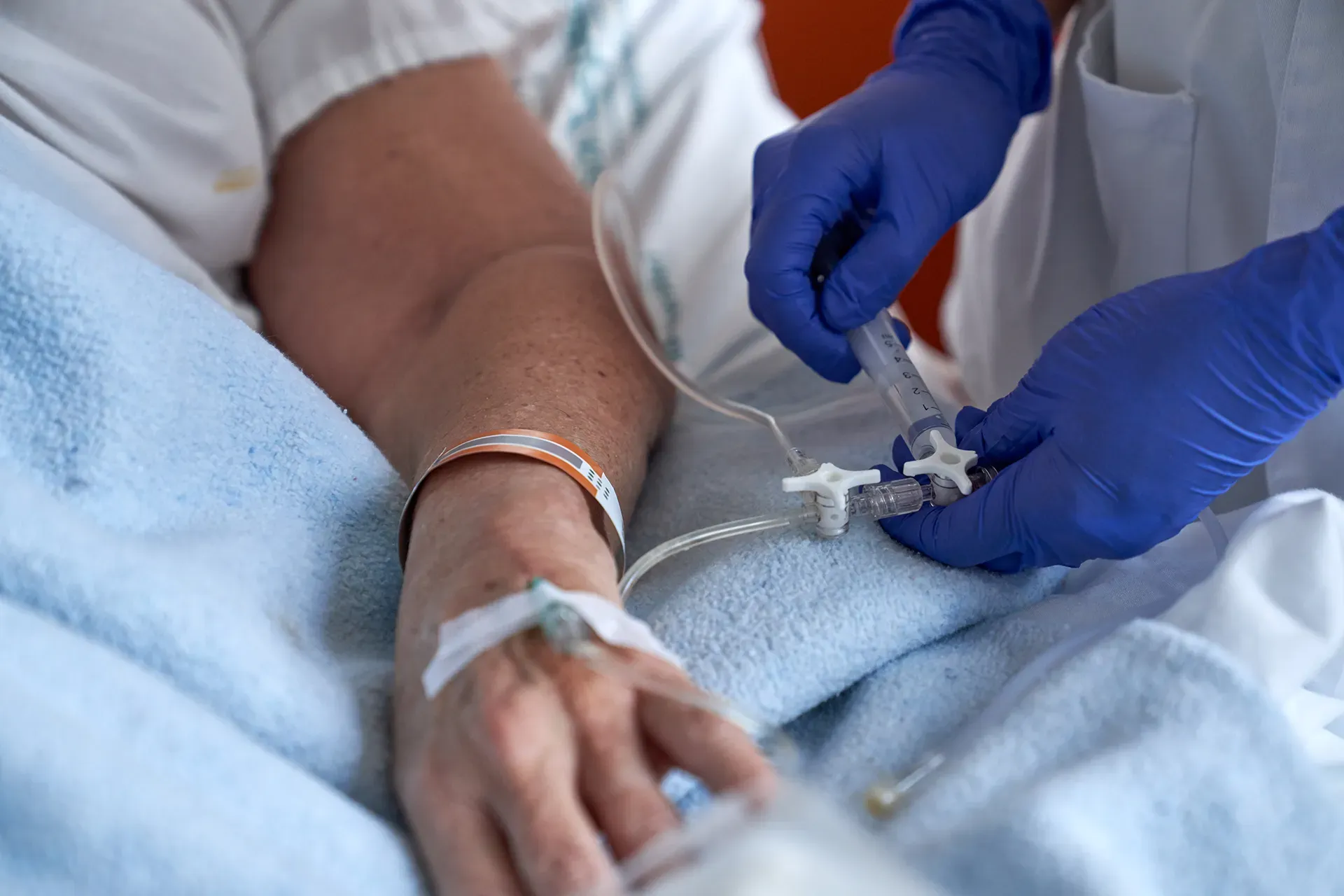
Conveniently reserve your spot with just a few clicks through our easy-to-use online booking system.


Blood cancer is a broad term encompassing various cancers that affect the cells produced in your bone marrow. These cancers disrupt the normal production of healthy blood cells, leading to imbalances that can cause symptoms like fatigue, infections, and bleeding. There are different types of blood cancers, each with its own characteristics.
You are not required to provide a referral letter from your doctor or GP.
Start a visit quickly and discreetly whenever works best for you.
Our doctors review symptoms, prescribe treatments if needed.
Proceed with your healthcare journey as you wish. You're in control.
You control medical records, access anytime.
Blood cancer can manifest through a variety of symptoms, some of which are subtle and easily overlooked. Being aware of these signs is essential for early detection and timely intervention.
Blood cancer symptoms may include:
This goes beyond normal tiredness and could indicate anaemia.
These symptoms may signal underlying infections due to a weakened immune system.
These could be related to an enlarged spleen or other internal changes.
Aches in these areas can suggest the spread of cancerous cells.
This is often a result of spleen or liver enlargement.
These are possible signs of anaemia.
These are indicative of a compromised ability to fight infections.
Skin changes can be subtle indicators of internal issues.
These commonly occur in the neck, underarms, or groin.
This is a sign of reduced platelet count, crucial for blood clotting.
Changes in your body's normal functioning deserve attention, and it's always better to seek medical advice for any persistent or unusual signs.
Сontact us to schedule an appointment or learn more
Conveniently reserve your spot with just a few clicks through our easy-to-use online booking system.
Have a question or request? Drop us a message, and our team will get back to you promptly.
Feel free to give us a call, and our friendly staff will be glad to assist you over the phone.
Specific blood cancer causes and risk factors vary depending on the type of disease. Understanding these can help you advocate for early blood cancer tests and screenings.
In the case of multiple myeloma, certain factors heighten the risk:
Older adults are more commonly affected.
Men are at a higher risk than women.
Obesity or being overweight can contribute to developing this cancer.
AML has its own set of risk factors:
Increasing age is a significant risk factor.
This increases the likelihood of developing AML.
Industrial chemicals like benzene are linked to AML.
High radiation levels can elevate the risk.
Past treatments can influence the risk of AML.
Males are more prone to this type of leukaemia.
A history of blood cancers can lead to AML.
Several factors contribute to the risk of Hodgkin lymphoma:
Having had EBV infections increases the risk.
Males are at higher risk.
Genetic links play a role in Hodgkin lymphoma.
Those with weakened immune systems are more susceptible.
For non-Hodgkin lymphoma, risk factors include:
These environmental factors are significant.
Conditions like lupus can increase risk.
Past cancer treatments can be a contributing factor.
A compromised immune system heightens the risk.










